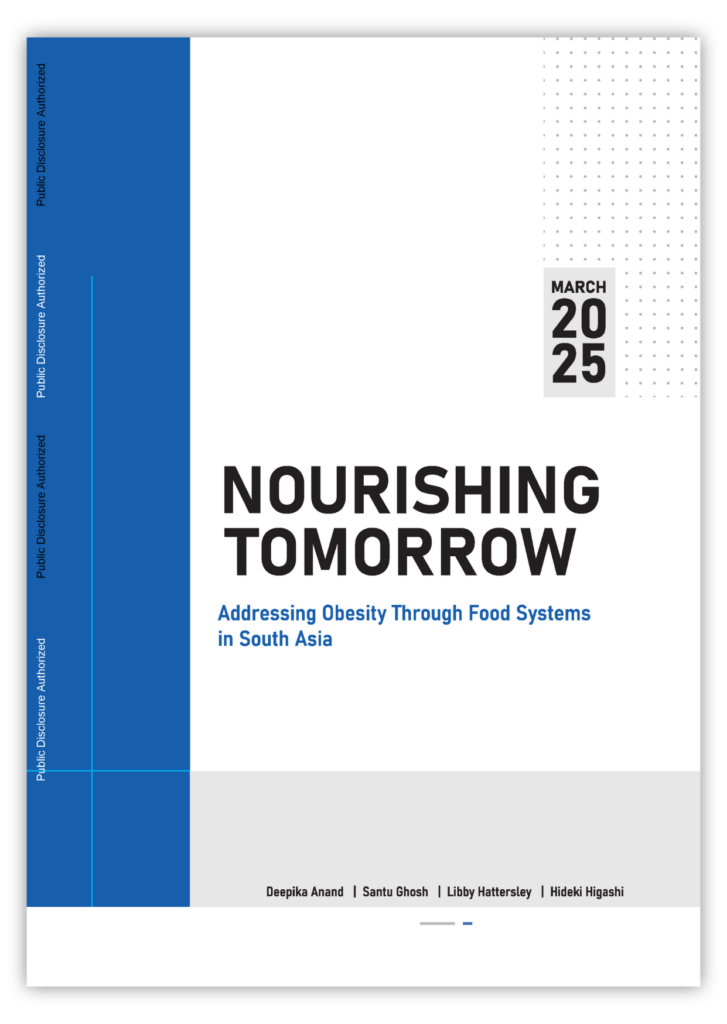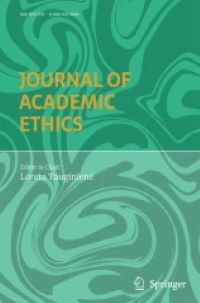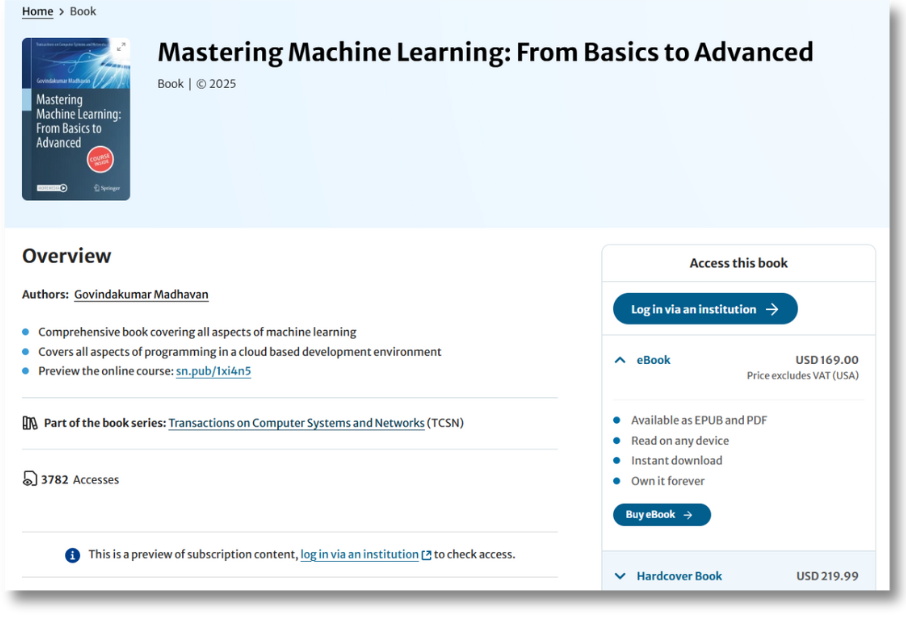We’ve seen all kinds of articles that got published despite having references that don’t exist. But this was a new one: a paper with a made-up reference to the journal in which it appears.
While nonexistent references can indicate the use of a large language model in generating text, the authors maintain they used AI according to the journal’s guidelines.
The letter to the editor, published in December 2024 in Intensive Care Medicine, explored ways AI could help clinicians monitor blood circulation in patients in intensive care units. The 750-word letter included 15 references.
Continue reading Medical journal publishes a letter on AI with a fake reference to itself








